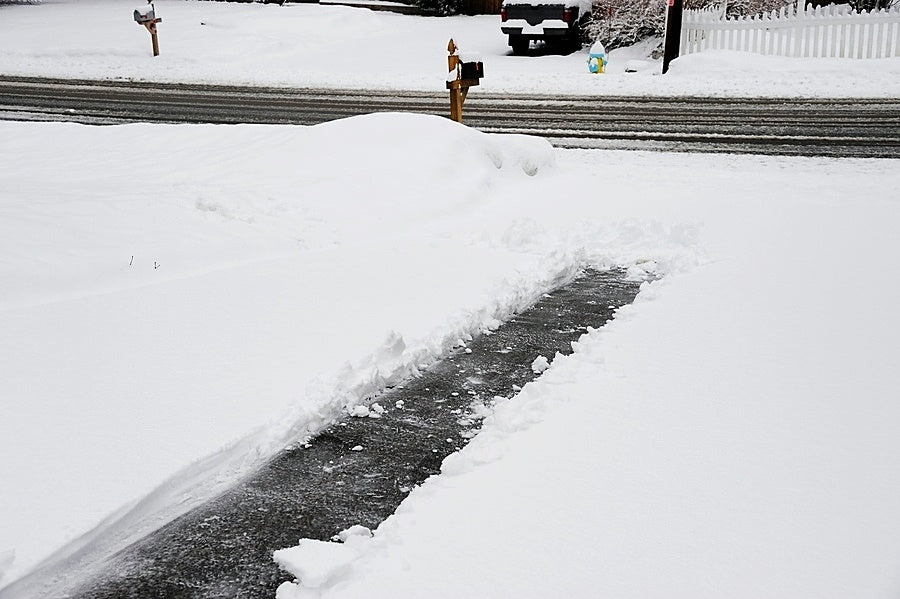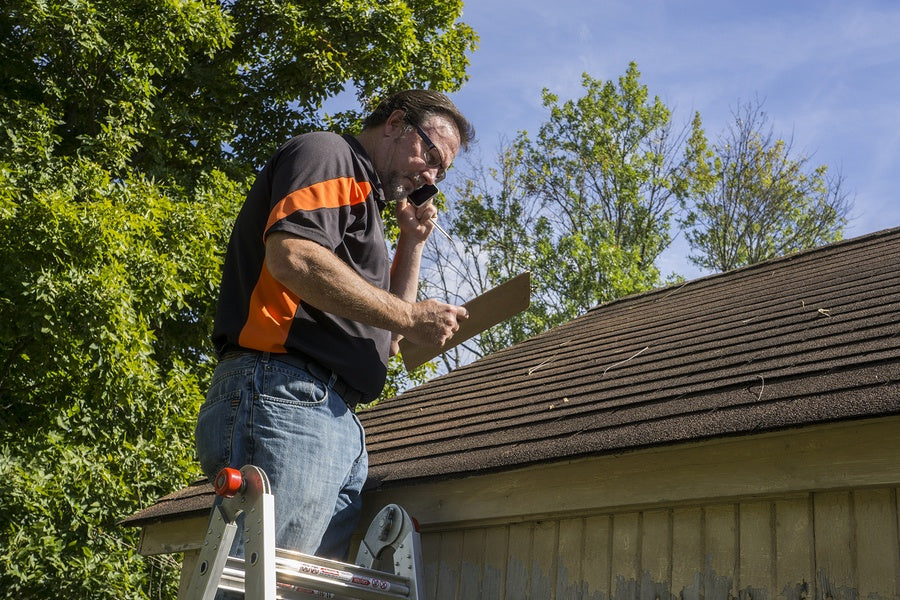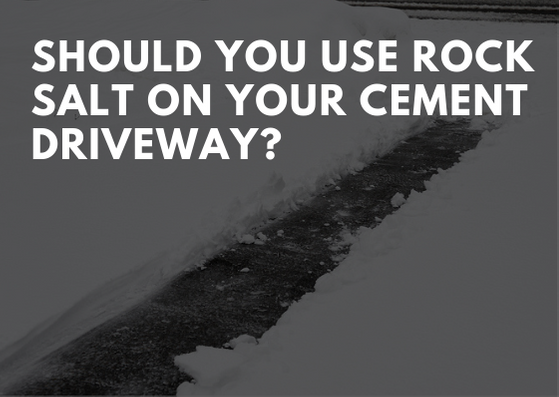
Many homeowners who live in regions with harsh, long winters have, at one time or another, considered installing heated driveway. The convenience of a heated driveway, in terms of time savings and labor reduction, is a major attraction, but many homeowners wonder if the cost is simply too high.
Below, we look at the average costs of installing and running an electric coil or hydronic heated driveway, examine some ways a heated driveway could actually save you money, mention an alternative driveway-heating method, and then weigh some factors that might make a heated driveway worth it or not worth it to a particular homeowner.
How Much Will a Heated Driveway Cost?
The average cost of installing a heated driveway is around $3,850 (approximately $5,174 CAD), with most projects costing between $2,200 and $5,800 (approximately $2,956 - $7,795 CAD). A hydronic system will tend to cost more to install, around $4,000 to $5,000 (approximately $5,376 to $6,720 CAD), due to the extra expense of a boiler unit. These costs do not include the pouring of a new concrete/asphalt pavement nor the demolition of old pavement, which may also be necessary.
The cost of the pavement itself will vary greatly based on its width, length, material, but a "prototypical" 12 x 50 foot (4.5 x 15.2 m) asphalt driveway, inclusive of coil heating elements, may easily total over $8,000 (approximately $10,752 CAD). For long drives of a quarter mile or more, the cost can easily reach into the tens of thousands of dollars.
Usually, concrete driveways get the more expensive hydronic system, while asphalt driveways use the less-expensive-to-install electric coil system. A concrete hydronic system can vary greatly in price, from $2,000 to $14,000 (approximately $2,688 to $18,816 CAD), depending on how "high-end" you want to go with it.
However, you can reduce these costs, with the electric coil option, by heating only a portion of the driveway, at minimum two tire-wide strips. This can save you between $2,000 and $6,000 (approximately $2,688 and $8,064 CAD). You can also probably save around $1,000 (approximately $1,344 CAD) by doing the demolition yourself, and by excluding automatic control systems, you reduce the cost further.
Also note that hydronic systems are much cheaper to operate if more expensive to install, while electric coils are cheaper to install but add to your wintertime electric bill.
How Can a Heated Driveway Create Savings?
Heated driveways also save homeowners money in various ways, mitigating their costs. Here are some of the most important savings they create:
- Heated driveways reduce or eliminate your need to throw down rock salt or other de-icers on your driveway, which extends the life of your pavement, keeps down salt corrosion on vehicle undercarriages, and prevents salt from killing grass/plants/flowers planted near the edges of your driveway.
- You will no longer need to pay a plow service or a local snow shoveler to clear off your pavement. In some cases, this saves hundreds or even thousands of dollars per year.
- Keeping ice off your drive will reduce the risk of slip and fall accidents, which does all of the following: keeps people safer, eliminates accident medical bills, reduces risk of lawsuits, and (likely) lowers your homeowner's insurance premium.
An Alternative Way to Heat Your Driveway
Many people are familiar with snow-melting mats, which are often used along walkways and at home/business entryways to maintain a clear, dry path between your front door and your car door. These heated mats consist of two layers of slip-resistant rubber with an intervening heating element, plug into an ordinary outlet using a moisture-resistant power cord, and can melt snow/ice in hours or minutes (depending on heat level and snow level).
Homeowners may be less familiar with driveway snow-melting mats as a perfect alternative to the more costly methods of heating your driveway. These will melt down wheel paths for vehicles and can be directly mounted by the vehicle. While they use electric power, they are going to be quite energy efficient and can be used only as needed. Finally, they do not require expensive installation and can be conveniently stored when winter is over.
Is a Heated Driveway Right for Me?
Deciding whether or not a heated driveway is "worth it" involves not only weighing the cost but also balancing that cost against the value derived. Some factors that may tip the balance include:
- If you are already putting in a new driveway anyway, you de facto save on heated driveway installation expenses.
- If you live in a high snowfall region and are in danger of being trapped in your home after a storm, some for of driveway heating is a safety rather than merely a convenience issue.
- Areas with relatively low electric rates are good candidates for electric coil heating.
- Regions with short, mild winters would especially do well with portable driveway heating mats.
Installing a heated driveway is a major investment, but there are ways to reduce the cost and savings that are created as well. Driveway heating mats are a cheaper, portable option that might just be perfect for your scenario.


